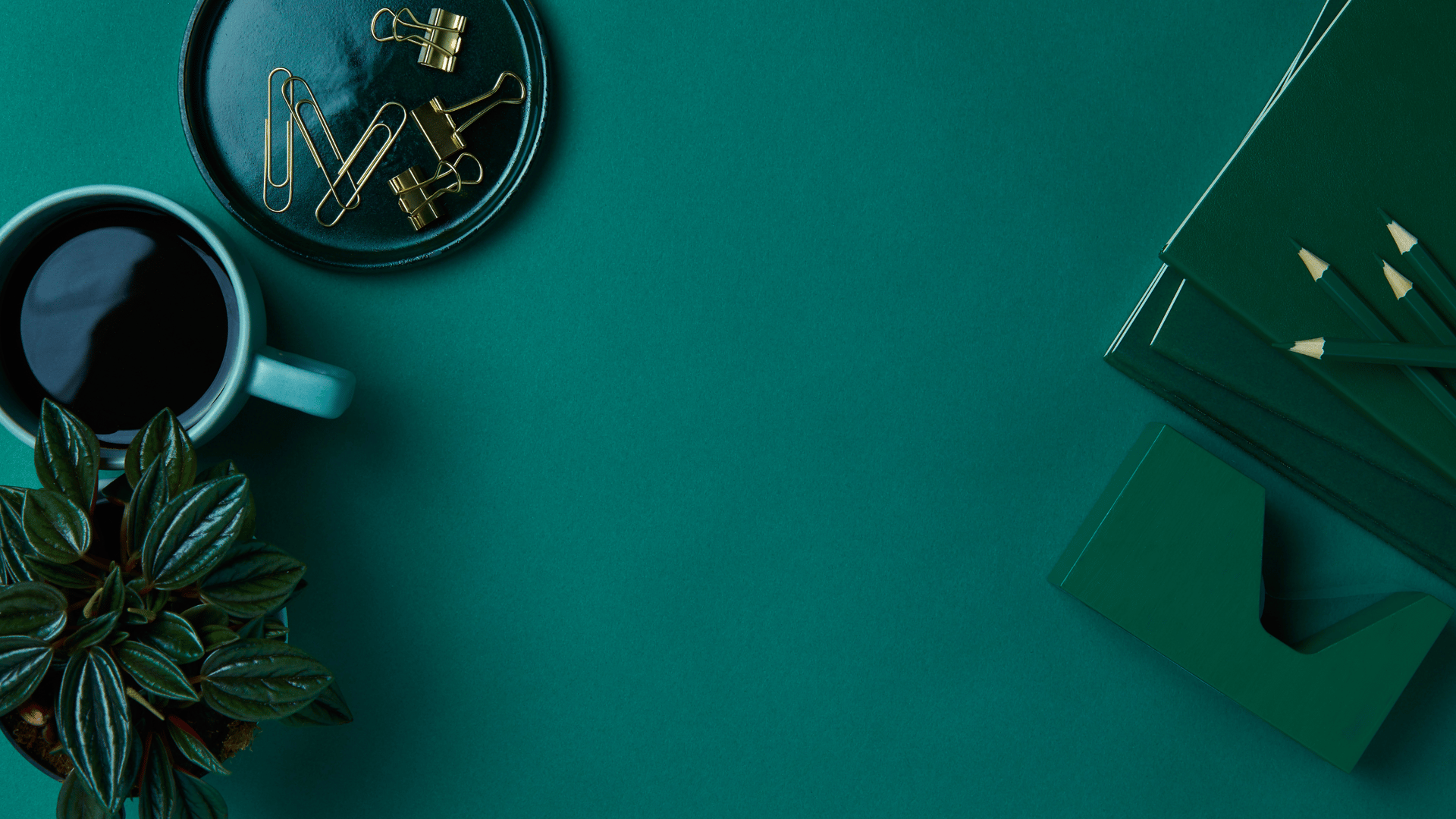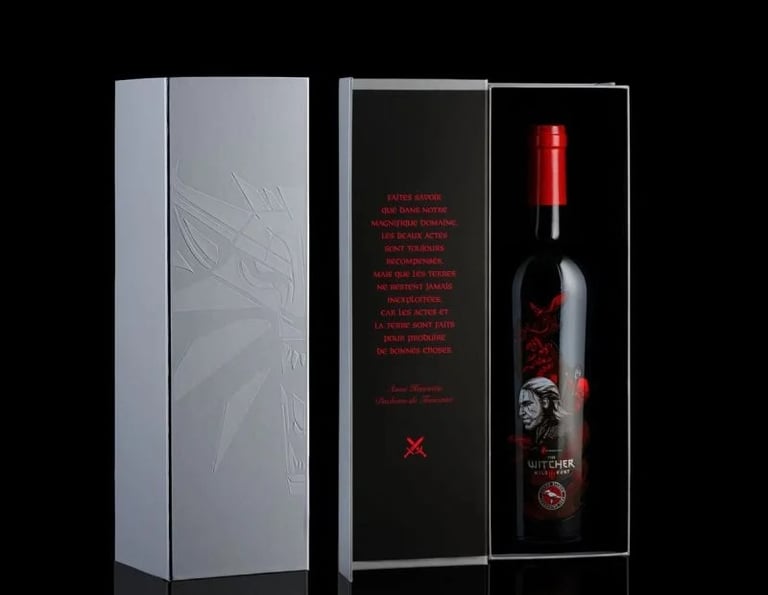
Subscribe to our newsletter
The Importance of Luxury Wine Packaging
More Than Just a Bottle
8/15/20243 min read


Introduction
Welcome back to WineLux, where we delve into the intricate world of fine wines. This week, we explore the crucial role that packaging plays in the luxury wine market. Beyond its function of protecting the wine, exceptional packaging can significantly influence a wine’s market value and consumer perception. Join us as we uncover how top wineries leverage design and craftsmanship to enhance their prestige.
The Art of Wine Packaging
Luxury wine packaging is a blend of art and science. It involves careful consideration of materials, design, and branding to create a product that not only preserves the wine but also tells a story and captivates the buyer’s attention.
1. Material Excellence
Glass Quality: High-end wines often use superior glass for their bottles, which can impact both the preservation and the visual appeal of the wine. Thicker, UV-protected glass is common for luxury wines.
Closures: Corks remain the preferred choice for premium wines, often sourced from high-quality, sustainable cork oak. Innovations like glass stoppers are also gaining popularity for their aesthetic and functional benefits.
2. Design Elements
Labels: The design of wine labels is crucial. Luxury wines often feature minimalist yet elegant designs with intricate details, such as embossing, gold foil, or hand-painted elements.
Bottles: Unique bottle shapes and custom designs can set a wine apart. Magnum and Jeroboam bottles not only provide better aging potential but also enhance the wine’s presence and allure.
3. Branding and Storytelling
Heritage and Legacy: Packaging often reflects the winery's history and heritage, incorporating family crests, estate images, or historical references.
Limited Editions: Special packaging for limited editions, such as numbered bottles or artist collaborations, adds exclusivity and collector appeal.
The Impact on Market Value
Exceptional packaging can significantly boost a wine's market value. Collectors and investors often view packaging as a reflection of the wine’s quality and prestige.
1. Perceived Value
First Impressions: Premium packaging creates a strong first impression, suggesting the wine inside is of superior quality.
Gift Appeal: Elegantly packaged wines are more appealing as gifts, further increasing their marketability and value.
2. Collector’s Item
Rarity and Exclusivity: Limited edition packaging or commemorative designs make wines more desirable to collectors.
Resale Potential: Wines with unique and pristine packaging tend to have higher resale values in the secondary market.
Case Studies in Exceptional Packaging
Several wineries have set the standard for luxury wine packaging, using innovative and elegant designs to elevate their brands.
1. Château Margaux 2009
Overview: To celebrate its 2009 vintage, Château Margaux introduced a limited edition bottle adorned with gold engraving.
Impact: The luxurious packaging underscored the wine's exceptional quality and rarity, boosting its appeal among collectors.
2. Penfolds Ampoule
Overview: Penfolds created a limited edition ampoule of its 2004 Kalimna Block 42 Cabernet Sauvignon, housed in a hand-blown glass vessel with a bespoke wooden case.
Impact: This unique presentation turned the wine into a piece of art, commanding attention and high prices in the market.
Future Trends in Luxury Wine Packaging
As the market evolves, wineries continue to innovate in packaging, focusing on sustainability and personalization.
1. Sustainable Packaging
Eco-Friendly Materials: Increasingly, luxury wineries are adopting sustainable practices, using recycled materials and eco-friendly inks.
Minimalist Designs: There is a growing trend towards minimalist packaging that reduces waste without compromising on elegance.
2. Personalization
Custom Labels: Some wineries offer personalized labels for special occasions, enhancing the buyer's connection to the wine.
Interactive Packaging: QR codes and augmented reality labels are being used to provide consumers with a richer, more interactive experience.
Conclusion
In the world of luxury wines, packaging is far more than a mere container. It is a critical component that enhances a wine’s aesthetic appeal, tells its story, and significantly impacts its market value. For collectors and investors, appreciating the nuances of wine packaging can offer deeper insights into the true value of their acquisitions.
Stay ahead in the luxurious world of fine wines. Subscribe to our WineLux newsletter for more insights, exclusive trends, and expert advice on building and appreciating a premier wine collection. Elevate your wine experience today!
